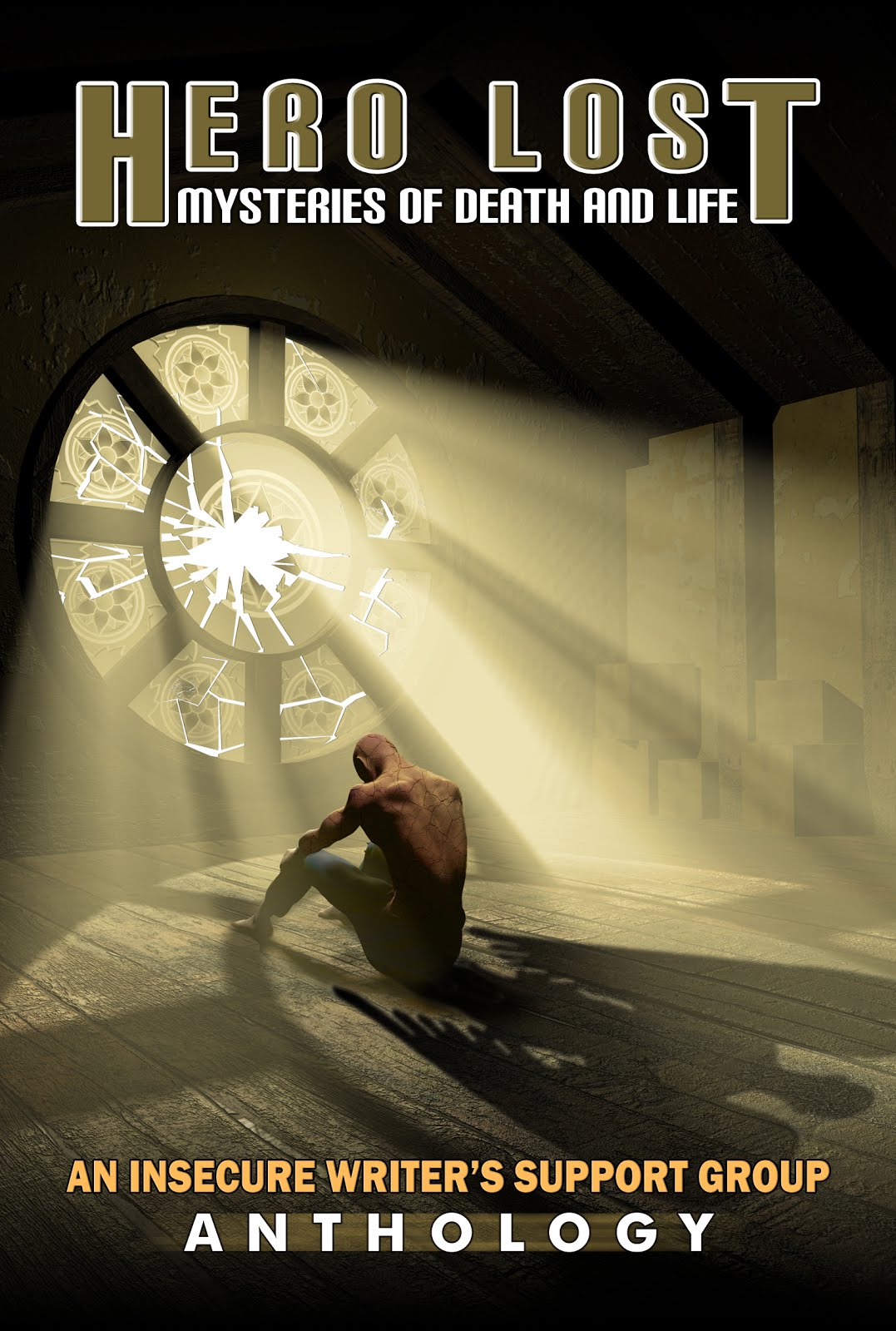“So when do I get to meet your sister?” I asked when I finally took a second to breathe instead of eat. I said it like this was something completely normal to ask. Really, I just wanted to see how he would react.
He just glared at me for a second before shaking his head. “You’re hilarious.”
Every story is like a bubble. Everything that happens in the story takes place inside of that bubble. All of the action, dialogue, and moments that the reader actually reads over the course of the book. But that doesn't necessarily mean that these things are all that matter. We can still see through that bubble, where there are all kinds of outside influences.
Unless your story is following a particular character from their birth to their death, then really, we're just looking at a particular moment in his/her life. What is happening in this life snapshot will obviously be the most important part of the story, but that doesn't mean that what has happened before it isn't important. Your characters have already lived some of their lives and that has shaped who they are. Some of that may show up in your story.
Take background information, for example. Stuff like this occasionally needs to come up within a story--things that happened long before the book began but whose influence is heavy on the characters and story. The background story on Jordan's mom plays a big role in UL, for example. It weighs heavily on their relationship and how he lives his life. Without some of that information sneaking in now and then, their relationship within the story may not make sense. What has happened before the story begins will still find ways of influencing the characters from time to time.
Not every single influence is necessarily seen in the story, either. If you think about one character in your story, then think about every person they know and that has influenced them in some way, that would probably be a lot of people to include in one book. I have a few unseen characters who are mentioned here and there throughout the story, Jordan's mom's boss and Tom's sister in particular. These unseen characters influence the lives of the story's actual characters, but there just isn't a spot for these characters to actually show up. You don't want to force these characters into the story if they just don't fit, but if their influence is still there, maybe they need to be mentioned from time to time.
There are things and people outside of your story that will occasionally influence what is happening within it. How much information you share about these things will be entirely up to you.
Do you have unseen forces or characters that influence your stories?












